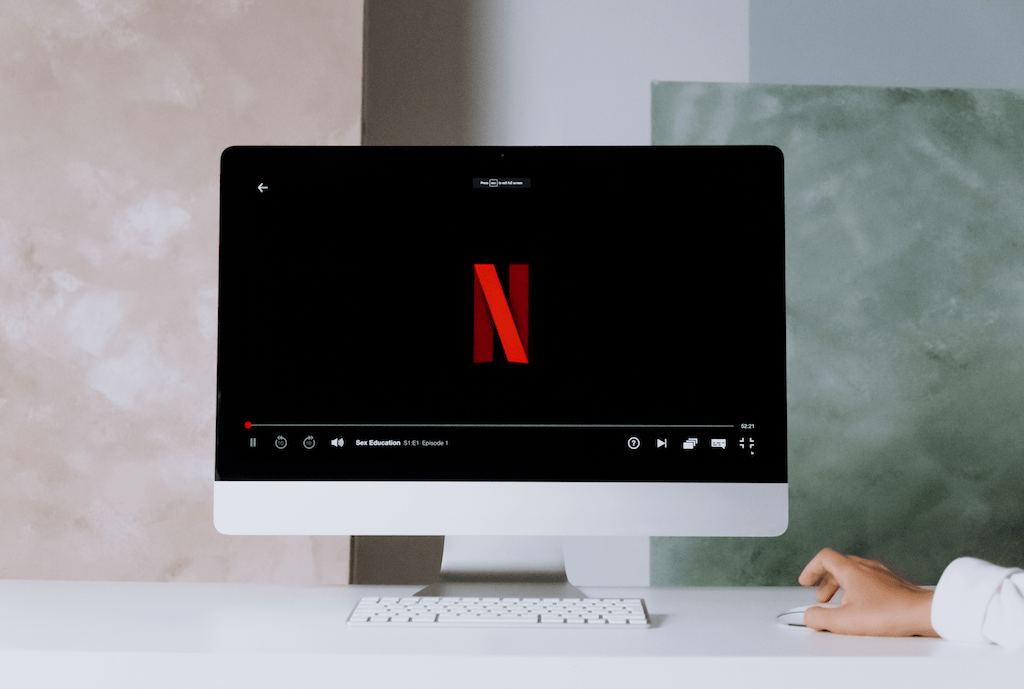Ideal for those looking to take back control following a tumultuous year.
2025? 2025?! We’re not halfway done with this darn year yet!
While indeed it may be true that we’re not even a full six months into 2024, the emergence of July on the horizon feels meaningful in many ways. We’ve reached the summit of the mountain, somewhat, and with a new government hopefully just around the corner, there’s certainly something symbolic in the air. Change is afoot, and planning ahead represents a welcome opportunity to embrace a fresh start, to create new habits, set meaningful goals, and perhaps sort out your financial situation.
We’re here today to consider that last one. Whether 2024’s relentless rises in inflation, energy prices, and the more broadly termed ‘cost of living crisis’ have all wreaked havoc on your finances, or you simply want to continue with all the progress you have been making in keeping your bank balance in the black into the second half of 2024 and beyond, starting on a conceptually clean slate (nope, a new Prime Minister sadly doesn’t actually wipe your credit cards clean) can be the perfect excuse to get your finances in order.
With that in mind, here are 5 healthy financial habits for a successful 2025, IDEAL for those looking to take back control following a tumultuous few years.
A Strict Saving Strategy
Payday often brings with it the temptation to indulge yourself once you’ve covered your mortgage or rent, and your bills. Hey, we’ve all been there, seeing that bank balance bolstered and succumbing to the urge to splurge.
But before you go out on a spending spree, make a point of setting aside at least 30% of your income, ring fenced for your savings account. The remainder, though admittedly a less encouraging amount, can be dedicated to treats. And this compartmentalisation will go a long way to you fine tuning your financial health in the future.
This strategy is particularly effective if you have a budget that also incorporates a savings target every month. You may even consider setting up automatic deductions from your monthly income, which many bank accounts can facilitate automatically. Once you prioritise saving over spending, you won’t feel guilty about spoiling yourself, guilt free, once in a while. Everybody wins!

New Year, Fewer Subscriptions
You’d be surprised at just how many people continue to pay subscriptions, standing orders and direct debits without even realising. Indeed, sometimes, we suspect that companies make it deliberately difficult to cancel such outgoings with them.
But thoroughly reviewing your actual outgoings, with a fine comb or better yet, your eyes, is an opportunity to identify any further savings. Incredibly, in 2019 Freeview reported that the nation spends five times more than they think on subscriptions! Now, we wouldn’t want to question their motives in publishing such a report, but it makes for a shocking statistic nonetheless.
If you’re not making use of your gym membership because of constantly changing Government guidance, then cancel it. Should you be paying members of Netflix, Amazon Prime, Sky Go and Disney Plus, well, ask yourself; do you really need all of them to flick mindlessly and never actually settle on a show to watch?
Consider where you can make cutbacks to regular costs; so, scrapping any unused subscriptions, finding a cheaper deal on recurring costs like your mobile phone, energy bills or car insurance. Don’t be afraid to make an effort to negotiate down certain outgoings, either; speak to your estate agents, landlord, car finance broker, and utilities provider, and see if there any realignments to your monthly payments can be made.
All of this will accumulate extra money at the end of the month which can go into savings, or be invested, in order to give you greater financial stability during these uncertain times and beyond. If there is a beyond, that is.
Of course, you don’t have to wait until 2025 beings to make those changes!

Know That Advice Is Out There
Old habits die hard, we know, but it’s never too late to adjust yours to take a more fiscally responsible approach going forward. However, if the situation is more grave than a few frivolous streaming service subscriptions or a credit card that’s a little overused, then know that help is out there.
If you want to speak to someone to get free debt help, you can speak to one of the following debt charities.
- Citizens Advice can provide free help in person or by phone
- StepChange Debt Charity can provide advice or a free debt management plan (DMP)
- National Debtline can offer free advice by phone and help you set up a free DMP
- PayPlan is an independent provider of free DMPs
- Shelter is a housing charity that can provide advice by phone, online or in person
- Christians Against Poverty can visit you at home to give advice and help you budget
You can also find independent financial advisers online who can help steer your fiscal ferry in the right direction.
Practice Financial Self-Care
Financial health is not just about numbers; it’s also about your mental and emotional well-being. Practicing financial self-care can help you maintain a positive relationship with money and reduce stress. Start by setting realistic goals that align with your values and lifestyle. Breaking down larger goals into smaller, manageable steps can prevent you from feeling overwhelmed.
It’s equally important to celebrate small wins along the way. Acknowledge and celebrate your financial milestones, no matter how minor they may seem. Whether it’s paying off a small debt or sticking to your budget for a month, recognizing your progress can boost your motivation.
Be kind to yourself, especially when financial setbacks occur. Understand that these setbacks happen to everyone. Instead of being hard on yourself, use these moments as learning opportunities. Reflect on what went wrong and how you can improve in the future.
Seeking support is another crucial aspect of financial self-care. Don’t hesitate to talk about your financial concerns with trusted friends, family, or a financial advisor, as we mentioned above. Sometimes, just sharing your worries can provide relief and new perspectives.
Lastly, practice mindful spending. Before making a purchase, ask yourself if it aligns with your values and long-term goals. This can help you make more intentional and satisfying financial decisions. By incorporating financial self-care into your routine, you can foster a healthier, more compassionate relationship with your money, leading to greater overall well-being.

Pay Off (Or Down) Your Debts
If you want to keep ahead with your finances, it’s important that your hard-earned cash funds your bank account, not your creditors’. Creating a precise plan on how you will pay down your debts in a timely fashion is vital to winning with finances in the long-term. Try to find a strategy that works for you and set a debt-free target date as motivation to see you through the tougher times.
Indeed, if you’re trying to save up for something, paying off your credit card or personal loan may not feel like your top priority. In fact, it’s an aspect of your outgoings usually confined to the footer.
However, paying down your debts is one of the best ways to save money and could substantially contribute to your bank balance in the long term. Paying interest on loans and credit cards is a simple waste of money, and the faster you pay off your debts, the less interest you pay. This will also help you to establish a great credit rating, all of which contributes to a more stable, sensible state of finances for many years to come.
The Bottom Line
Taking control of your finances is a crucial step towards achieving financial stability and peace of mind. By implementing a strict saving strategy, cutting unnecessary subscriptions, seeking professional advice, paying off debts, and diversifying your income streams, you can build a solid financial foundation for 2025 and beyond. Remember, the journey to financial health is a marathon, not a sprint.
Stay disciplined, make informed decisions, and don’t hesitate to seek help when needed. With these habits in place, you’ll be well on your way to a more secure and prosperous future.





